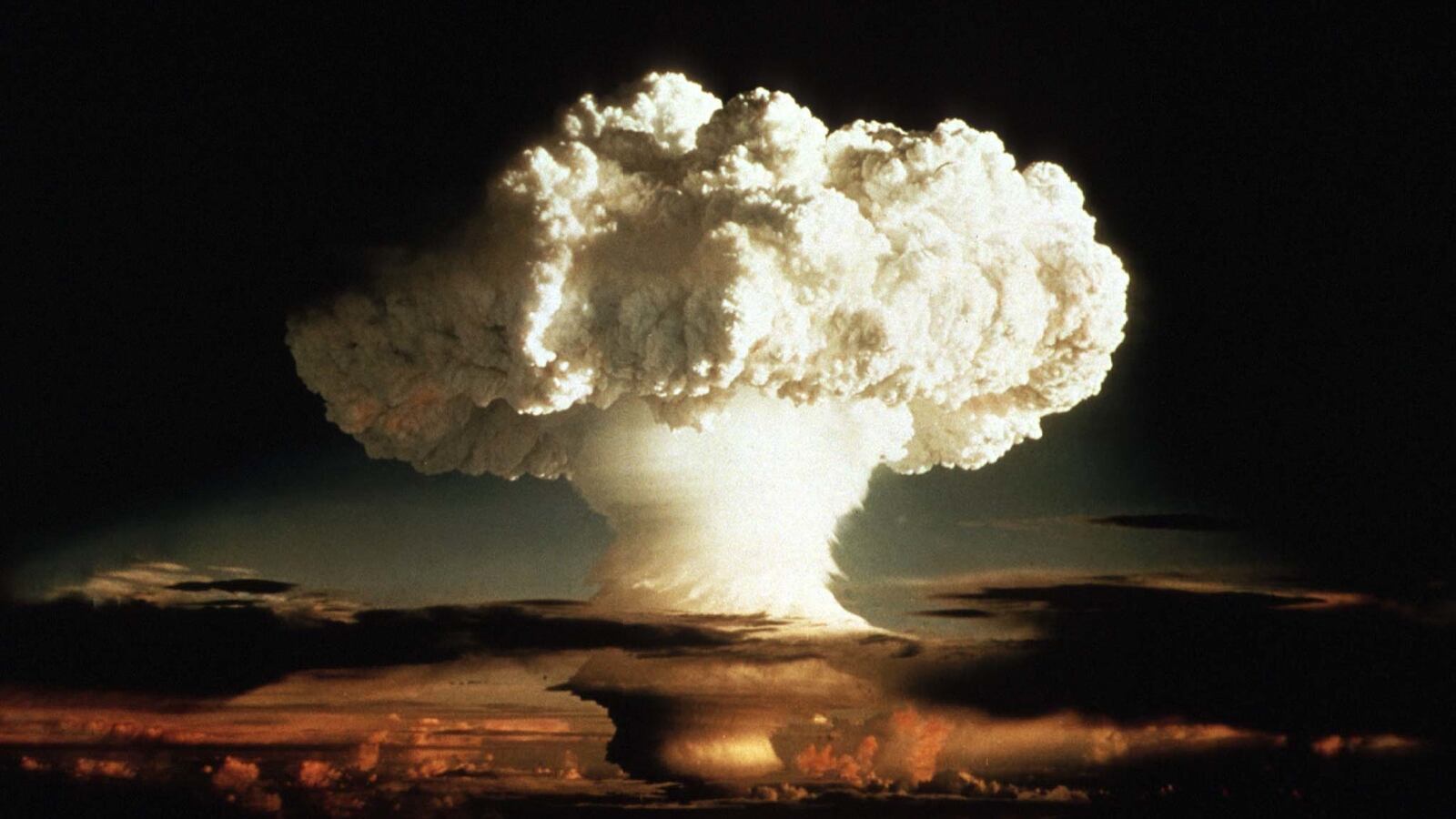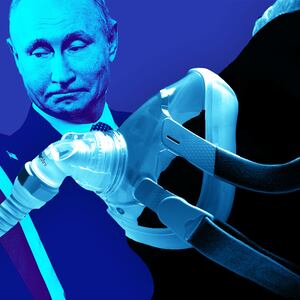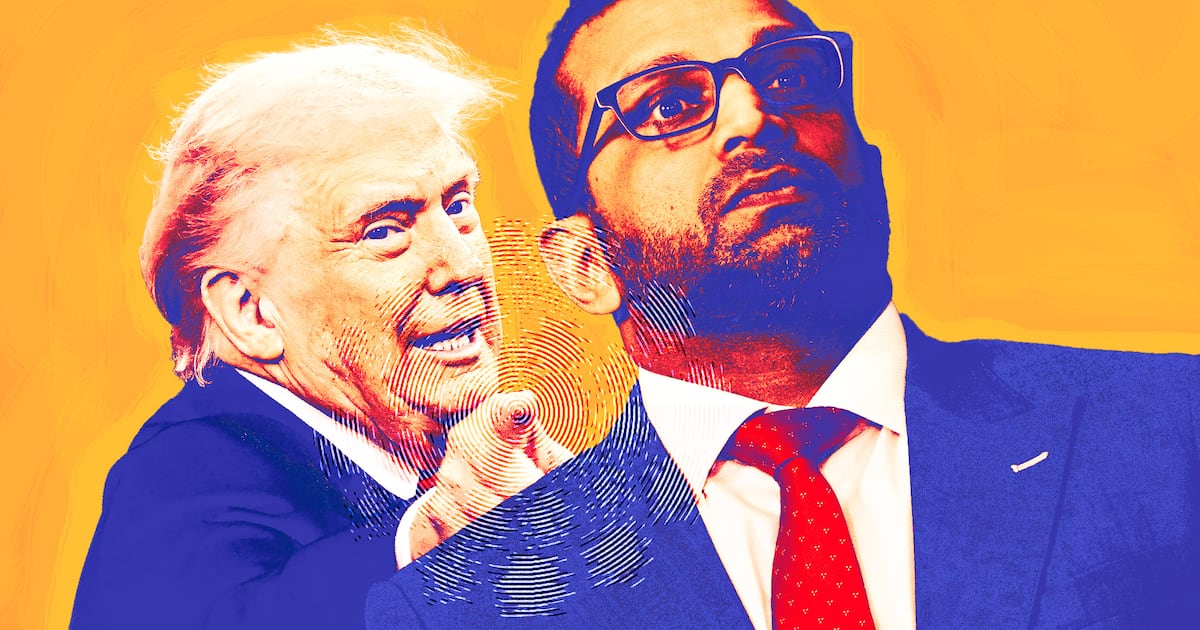President Donald J. Trump has announced the U.S. intends to exit the “Open Skies” treaty. The 34-nation agreement allows the United States, Russia and other countries to conduct observation flights over each other’s territories in the interests of transparency and international security.
Speaking to reporters, Trump said: “We’re going to pull out, and they’re going to come back and want to make a deal. We’ve had a very good relationship lately with Russia.”
While the Trump administration is citing Russia’s various violations of the agreement as the main reason for the U.S. withdrawal, Russian experts and government officials believe that the abrupt decision is rooted in Trump’s desire to throw all international treaties out the window in pursuit of a bigger, better deal which he can claim to pursue during his election campaign even if it comes to nothing.
Such flippant methods may work for reality television, but tend to backfire in real life. Case in point, Trump's gambit with Iran, where U.S withdrawal from the nuclear deal led to the expansion of Tehran’s nuclear stockpile.
Now that Trump reportedly is toying with the idea of resuming nuclear testing as well, the Kremlin intends to take full advantage of that harebrained idea.
Washington’s approach reportedly is rooted in the flawed assumption that renewed nuclear testing would prompt the Kremlin to pressure the Chinese into joining a trilateral agreement with the United States and Russia. This concept was dismissed out of hand by Russia’s Deputy Foreign Minister Sergei Ryabkov. During an online forum conducted by the Gorchakov Fund, a Russian think tank, Ryabkov asserted that the Kremlin didn’t intend to apply any pressure to China to please Washington.
Instead of playing along with Trump’s dangerous brinkmanship, Russia may pull out of the Comprehensive Nuclear-Test-Ban Treaty altogether. Alexei Fenenko, an associate professor of global politics at Moscow State University, told the state media outlet RIA Novosti that such a withdrawal would be “beneficial for Russia, since the collapse of this treaty would cause colossal damage to the United States of America.” State media outlet Vesti surmised that such a move would obliterate all of Washington’s efforts and decades-long investments in the nuclear ban treaty.
As for the planned U.S. withdrawal from the Open Skies treaty, Secretary of State Mike Pompeo clarified that it is set to take place six months from now, on Nov. 22, 2020, after the next presidential election in the United States.
In Russia, Trump’s commentary and the timing of the intended withdrawal from Open Skies were interpreted as a sign that the move is merely political, with no tangible repercussions for the Kremlin. Russia’s Deputy Foreign Minister Sergei Ryabkov mentioned that the Kremlin’s exchanges with Washington were taking place via the traditional and non-traditional channels, but described the Trump administration’s demands and ultimatums as “senseless” and “categorically unacceptable.”
Russian state-owned radio station Vesti FM described Trump’s dangerous flailing on the international arena as his desire “to play with toy soldiers.”
The Kremlin’s state media have grown used to laughing at Trump’s irrational bluster. Appearing on the state TV show 60 Minutes earlier this week, Elena Malinnikova, an infectious disease specialist for the Russian Health Ministry, said that Trump must really be taking the regimen of hydroxychloroquine, since it’s known to cause psychotic side effects.
Trump recently sought to improve relations with Russia with a donation of U.S. taxpayer-funded ventilators, despite Moscow’s claim that it already has more ventilators per capita than the United States. In fact, Russian state media reported that the country is so flush with ventilators, it plans to start exporting them to other countries by July. Instead of eliciting gratitude, Trump’s gift to the Kremlin only prompted more mockery.
The Kremlin is waiting for the November election, hoping it's guy Trump will win, and looking at the administration's announced policies through that lens.
Appearing on the state TV show 60 Minutes on Friday, Oleg Nilov, member of the State Duma of the Russian Federation, said: “After the [U.S.] elections, the new political chapter will emerge in the United States of America. A lot of things will surface.” He dubbed the Open Skies announcement a “pre-electoral move,” and, referring to the U.S. president’s remarks about good relations, joked that Trump thinks, “Everything is fine in relations with Russia, we [the U.S.] trust them completely and therefore, they don’t need to be monitored.”
Nilov’s commentary prompted the experts and the host of 60 Minutes, Olga Skabeeva, to chuckle. The possibility of genuine trust between the United States and Russia sounded too far-fetched to be taken with any degree of seriousness.
Skabeeva asked military expert Ivan Konovalov whether the U.S. withdrawal from the Open Skies treaty would hamper Russia’s ability “to uncover important information about the Americans.” Konovalov assured her that regardless of the treaty, Russia can continue to obtain the same data by utilizing its space operations. Last year, the Defense Intelligence Agency noted that both China and Russia “have developed robust and capable space services, including space-based intelligence, surveillance, and reconnaissance.”
The signatories of the Open Skies treaty include most of America's NATO allies—and Ukraine. Konovalov explained that the termination of the treaty wouldn’t impact Russia, while at the same time it would harm NATO, Europe, and especially those countries on Russia's borders: the Baltic States and Ukraine. “They are losing much more," he said. "Ukraine participated in these flights since 2014. In spite of all of our disagreements and confrontations, Ukrainian officers and inspectors were allowed to enter our airspace along with Americans." America's allies "are losing because of this, the Europeans are losing.”
Political scientist Vladimir Kornilov pointed out: “Trump is convinced this is a bilateral agreement, he isn’t even thinking about other countries involved. It’s funny.”
Sergei Ryabkov, Russia’s Deputy Foreign Minister, noted that the U.S. announcement about its intended withdrawal from the Open Skies Treaty came as a surprise to America’s allies. He accused the Trump administration of lying about its reasoning for withdrawing from the treaty and added: “The United States is sowing discord and uncertainty among its allies... They are ignoring the opinion of NATO and other nations that are party to this agreement.”
In point of fact, France, Germany, Belgium, Spain, Finland, Italy, Luxembourg, the Netherlands, the Czech Republic and Sweden jointly said they “regret” Trump’s decision to withdraw from the Open Skies Treaty, calling on Russia to return to compliance with the agreement.
NATO Secretary-General Jens Stoltenberg, trying to smooth things over within the alliance, cited Russia’s violations of the treaty, including “flight limitations over Kaliningrad, and restricting flights in Russia near its border with Georgia” and expressed hope that the agreement could be preserved if the Kremlin returns to compliance.
European Union foreign policy chief Josep Borrell said, “Withdrawing from a treaty is not the solution,” adding that the EU “will be examining the implications this decision may have for its own security.” The European Union on Friday urged the United States to reconsider its plan to pull out of the Open Skies Treaty.
As the Trump administration casts aside the concerns of the Europeans, the Kremlin intends to amplify “the lack of solidarity” exhibited by the United States towards its allies.
Russian Deputy Foreign Minister Alexander Grushko told the state media outlet TASS: "This move will not only worsen the situation with strategic stability and military security in Europe, but apparently it will also harm the interests of U.S. allies that are parties to this European agreement."
Trump’s ability to sow that kind of discord among NATO allies is unquestionably appetizing to the Kremlin.
Earlier this week, experts on the Russian state TV show The Evening with Vladimir Soloviev discussed Russia’s preference for Trump’s re-election, as opposed to the candidacy of former Vice President Joe Biden.
Andrey Bezrukov, retired intelligence service colonel who serves as an advisor to the president of Rosneft (the Russian state-owned oil company), and a member of the Presidium of the Council on Foreign and Defense Policy, explained: “I am often asked: ‘Why is Trump better than, for example, Biden or Clinton?’ The answer is simple. Because Biden or Clinton would act in support of [international] coalitions. It’s the gathering of all forces against us into one group, one team. When Trump came, he destroyed that team.”
So, from the Kremlin’s point of view—in spite of Trump’s mind-numbing arrogance and incompetence—his actions ultimately boost Russia’s interests.
In light of Trump’s successes undermining transatlantic unity, the Kremlin has to be unquestionably rattled by the possibility he might lose the election in 2020. Anatoly Torkunov, a member of the Russian Academy of Sciences and the Collegium of the Ministry of Foreign Affairs of the Russian Federation, offered fairly cogent analysis:
“Even though the world system is less and less dependent on the United States and the results of their elections, we continue to carefully analyze the situation. At the beginning of the year there was more certainty. According to our experts, Andrey Bezrukov and Ivan Safranchuk, the outcome of the elections depended on two variables: the economic situation in the United States and the ability of the Democratic Party to mobilize its political base. Given that the economic situation was favorable and the Democrats could not recover from internal conflicts, the chances of the incumbent president to maintain his post were pretty high.
"The pandemic caused things to change," said Torkunov. "On the one hand, the United States is facing serious economic difficulties. On the other hand, the Democrats, at least the establishment of the party, rallied around their candidate, Joseph Biden. This reduces Trump's chances.”
The Kremlin’s apparent concern that its preferred candidate might lose in November explains the avalanche of anti-Biden coverage on Russia’s English-language outlets, RT and Sputnik.
Kremlin-funded media are latching on to every distraction spawned by Trump’s re-election campaign: Obamagate, Huntergate, Flynngate and whatever else may follow. The goal of undermining the American democracy continues to guide the Kremlin’s actions and Trump’s presidency still suits Putin’s agenda to a “T.”







